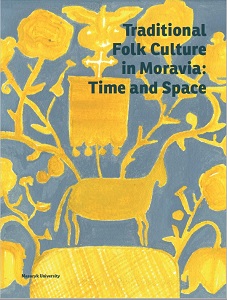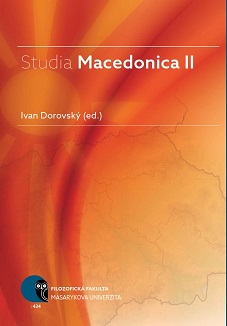
Traditional Forms of Farming
Traditional Forms of Farming
Keywords: Farming; Cultural history; livestock farming; Moravia; Agriculture;
In the Slavic period and the Early Middle Ages, arable and livestock farming began to be the primary resources of village livelihoods in Moravia. As such, they influenced all other realms of social and cultural life in the countryside. The land and its possession dominated the basic life strategies of the population in pre-industrial villages; many autochthonous expressions of folk culture in Moravia originated in agricultural traditions. The situation did not change even under the feudal system, despite the changes and innovations inspired by the Enlightenment that altered the lives of serfs under Empress Maria Theresa and Emperor Joseph II.
More...
